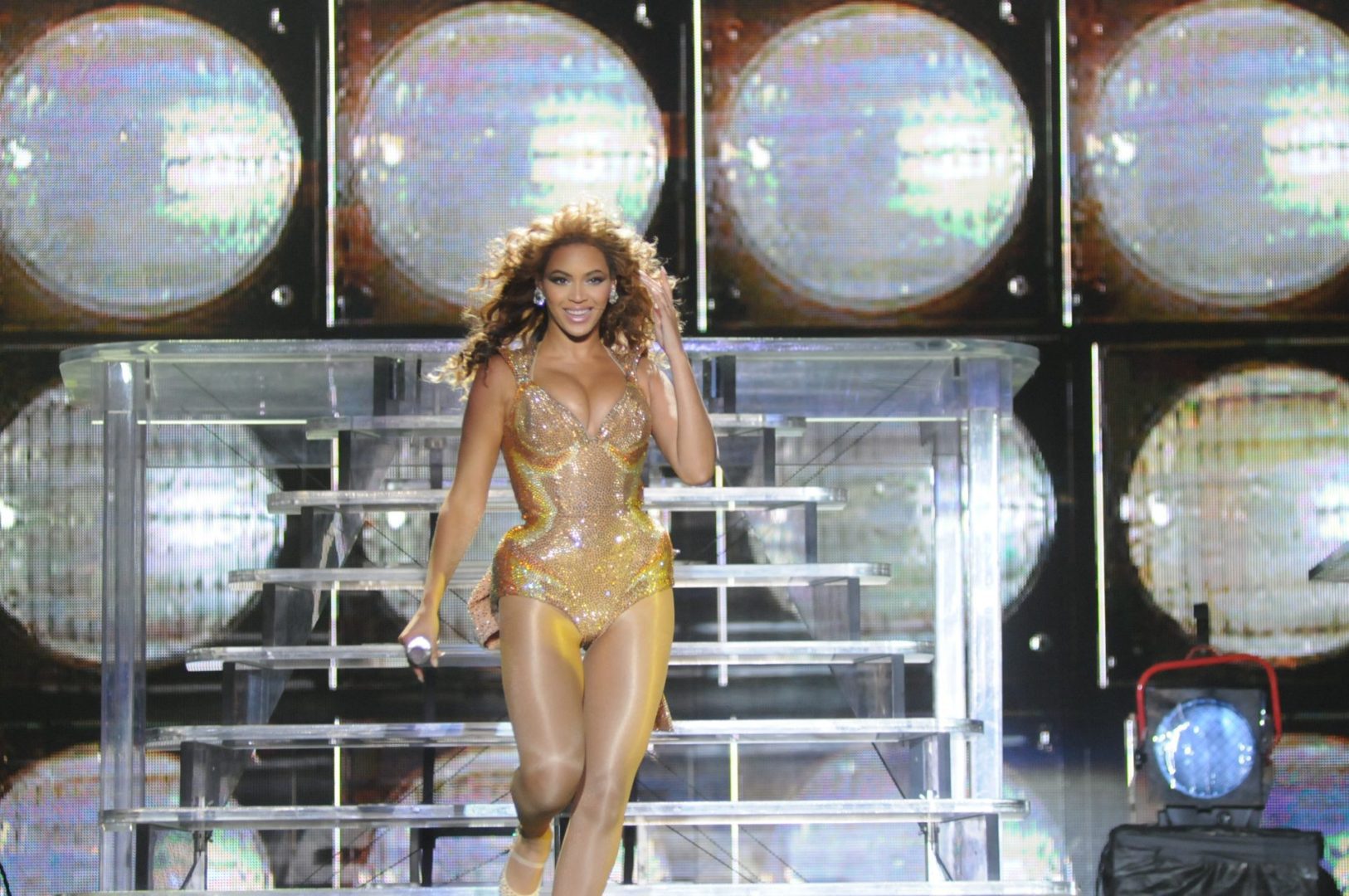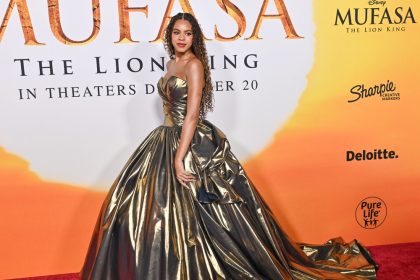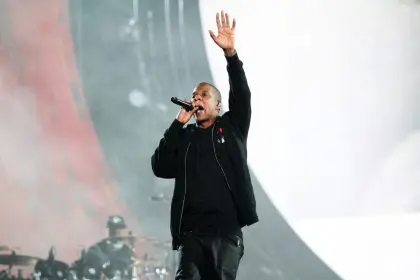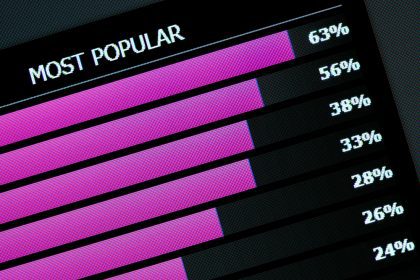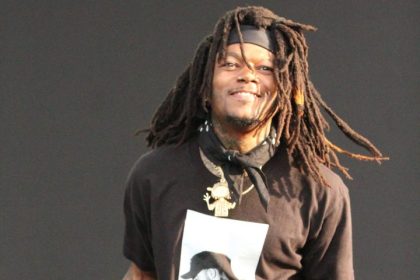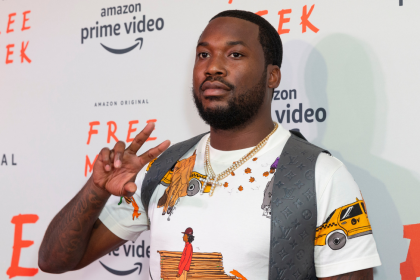
Beyoncé caught a lot of backlash February after she released the video to “Formation” and followed it with a powerful performance at the Super Bowl. The song allowed her to share her love for Black culture and speak out against police brutality. During the Super Bowl performance, she paid homage to the Black Panthers who are celebrating their 50th anniversary.
However, Beyoncé was called a racist and some police officers threatened to boycott her tour following the performance and video. In a recent interview with Elle, Beyoncé responds by saying, “I’m proud of what we created and I’m proud to be a part of a conversation that is pushing things forward in a positive way…I have so much admiration and respect for officers and the families of officers who sacrifice themselves to keep us safe. But let’s be clear: I am against police brutality and injustice. Those are two separate things…If celebrating my roots and culture during Black History Month made anyone uncomfortable, those feelings were there long before a video and long before me.”
The initial backlash began with former New York Mayor Rudy Giuliani who took a shot at her performance by saying, “I think it was outrageous. I don’t know what the heck it was. A bunch of people bouncing around. I thought it was really outrageous that she used it as a platform to attack police officer who are the people who protect her and protect us. And what she should be doing in the African-American community, and all communities, is build respect for police officers.”
The Miami Fraternal Order of Police were initially calling for police across the country to participate in a nationwide boycott of her tour. In a statement, Javier Ortiz, president of the Miami FOP, said, “The fact that Beyoncé used this year’s Super Bowl to divide Americans by promoting the Black Panthers and her antipolice message shows she does not support law enforcement. We ask all law enforcement labor organizations to join our boycott across country and to boycott all of her concerts.” Police have yet to follow through with the boycott.
In an interview with rolling out, Killer Mike said some whites didn’t view Beyoncé as a Black woman and only embraced her as a performer. “I think Americans accepted Beyoncé and didn’t see her color, which really means they didn’t see her culture,” Killer Mike said. “They just saw someone to entertain them and just be brain fodder. Honestly, the song sounded to me like she was talking to Black people and telling Black people, ‘Get out of my business, stop asking about my child’s hair. I do this because I’m country. I’m beyond Black. I’m unapologetically Black.’ White people, and people who are more conservative, took offense to it because she put power in their face. They took it as if this power was against them. But it isn’t against you; it’s just a celebration of her ethnicity.”

